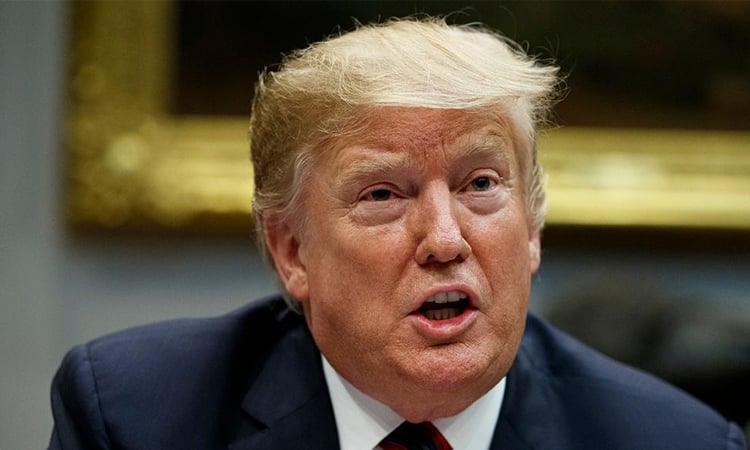News Flash
News Flash

WASHINGTON, May 22, 2025 (BSS/AFP) - President Donald Trump said Wednesday he was considering selling off US mortgage-backing giants Fannie Mae and Freddie Mac almost two decades after they were brought under government control during a global financial crisis.
The move, if confirmed, could resolve an issue that has dogged administrations as far back as Barack Obama's, offering possible dividends for investors, but risking driving up borrowing rates for homebuyers.
"I am giving very serious consideration to bringing Fannie Mae and Freddie Mac public," Trump wrote on his Truth Social website.
"I will be speaking with Treasury Secretary Scott Bessent, Secretary of Commerce Howard Lutnick, and the Director of the Federal Housing Finance Agency, William Pulte, among others, and will be making a decision in the near future.
"Fannie Mae and Freddie Mac are doing very well, throwing off a lot of CASH, and the time would seem to be right. Stay tuned!"
The firms do not originate consumer mortages, but buy them on the secondary market from banks and other lending institutions, then bundle them and sell them on as investment products, guaranteeing the principal and the interest.
That protects investors, and injects liquidity into the mortgage market, permitting institutions to offer the kind of long, fixed-rate mortgages popular with American buyers.
The US government took around 80 percent ownership of Fannie Mae and Freddie Mac in 2008 when the world's financial systems were upended by a crisis that began in the American subprime mortgage sector.
The firms had to be bailed out because of their exposure to so many mortgages that had gone into default, and the US government at the time intervened as part of a mammoth effort to unstick global liquidity.
They have since paid back their debts to the US taxpayer and now have tens of billions of dollars on hand.
Advocates for privatizing them say it would promote competition and move risk from taxpayers to private investors.
But opponents say the process could reduce liquidity in the mortgage market, which would drive up interest rates and reduce availability of home loans to lower income borrowers.